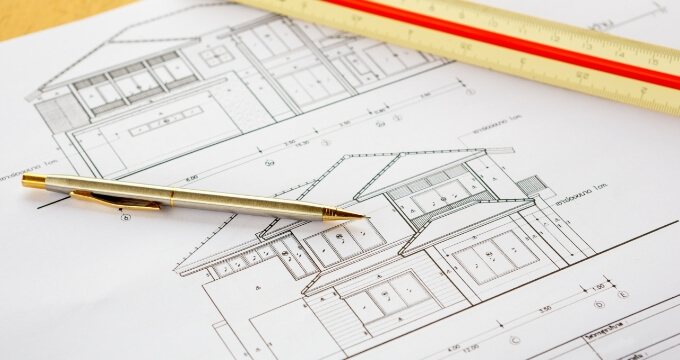What is planning permission? Timings & process
Planning permission can seem a bit confusing when you're starting out on a new project. However, hopefully this page can clear things up for you. Like anything, the more planning you do at the start of a project, the more likely your project is to be completed successfully, on time and within budget.
As the saying goes, fail to prepare, prepare to fail. This absolutely applies to planning permission.




